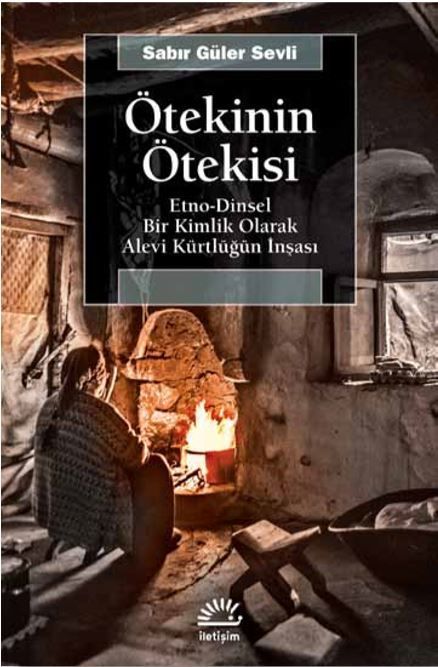
Ötekinin Ötekisi: Etno-Dinsel Bir Kimlik Olarak Alevi Kürtlüğün İnşası
While 'Alevi Turkishness' and 'Sunni Kurdishness', along with 'Sunni Turkishness', are ethno-religious identities that are now unquestionably accepted at the social and political level, 'Alevi Kurdishness' is often rejected both by these majority identities and at the official level, and the acceptance of one means the acceptance of the other. It is subjected to a coding in the form of rejection. The Sunni Turkish and Alevi Turkish side asks 'Can Alevis have Kurds?', and the Sunni Kurdish side asks 'Can Kurds have Alevis?' He brings this to life with his statement.
(…) This situation is also reflected among the Alevi Kurds and manifests itself in statements such as 'In Alevism, seventy-two nations are considered', 'Can Alevis have Kurds?', 'I am an Alevi, I am not a Kurd', which is close to the perspective of the Turkish front.” A book that examines the construction of the Alevi Kurdish identity as a political entity, beyond ethno-religious reality: It looks at the history of ethno-religious and ethno-political development in the period from the Seljuks to the Ottomans and up to our time, and questions how this history was rediscovered. Giving special emphasis to the reawakening in the 1980s, the Sivas and Gazi District massacres and the impact of the Kurdish movement... Sabır Güler Sevli also establishes a mind-expanding four-way comparison axis in his book: Alevi Kurds with Those Everywhere (Muslims), Those Far Away (Yazidis), Those in the South (The "People of the Rights" in Iran and Iraq) in their relationship with the People Here (the distinctiveness of the Zaza Alevis). An open-minded and satisfying work on a subject that we can call "the taboo of taboos".
(From the Promotional Bulletin)
Dough Type: 2nd Dough
Size: 13.5 x 19.5
First Printing Year: 2019
Number of Printings: 1st Printing


